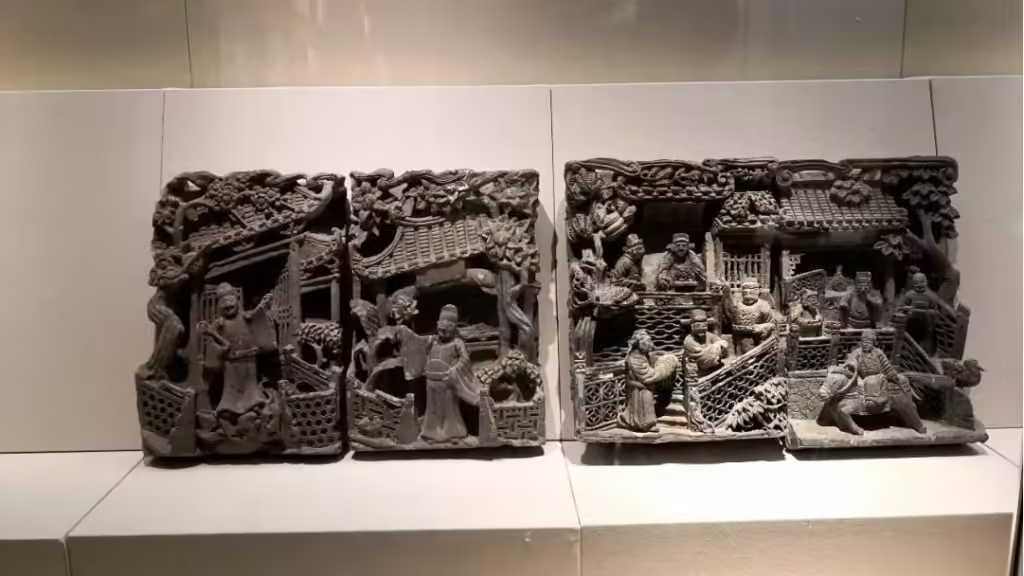Jixi Museum (绩溪博物馆) is a comprehensive local history and culture museum that integrates academic research, educational content, cultural significance, and recreational enjoyment. The museum is located in the heart of Jixi’s old town, covering an area of 9,520 square meters, with approximately 4,200 square meters dedicated to exhibition space.
The architectural design of Jixi Museum is carefully crafted to preserve the existing natural environment, particularly a 700-year-old ancient locust tree situated in the northwest corner of the site. The overall layout of the museum includes multiple courtyards, skylights, and alleyways, which create a comfortable indoor and outdoor environment while also reinterpreting the spatial organization of Hui-style architecture. This thoughtful design allows the building and its courtyards to become tangible exhibits themselves, giving visitors the feeling of stepping into an ancient Hui-style town.
Table of Contents
- Basic Information
- Location and Transportation
- Highlights of Jixi Museum
- Other Attractions in Jixi County Center
Basic Information
| Estimated Length of Tour | 1 – 2 hours |
| Ticket Price | Free |
| Opening Hours | 8.00 – 17.00; Closed on Mondays |
| Telephone Number | 0086-0563-8167190 |
Location and Transportation
Jixi Museum is located at 100 Liang’an Road, Huayang Town, Jixi County, Anhui Province, China. To get there, you can take bus Jixi 1, Jixi 3, or Jixi 7, get off at Chenghuang Temple (城隍庙), and walk about 150 meters to the west.
Highlights of Jixi Museum
Exhibitions at the Museum

The exhibitions at Jixi Museum are organized into six main sections, each showcasing different aspects of Jixi’s rich heritage. The first section focuses on the natural beauty and geographical features of the Jixi region, highlighting the relationship between its landscapes and cultural development. Another section explores the profound cultural and historical narratives of Jixi, reflecting its intellectual and artistic achievements. The museum also delves into the historical trade routes and economic development of the area, illustrating how commerce has shaped Jixi’s history.
Furthermore, there is a section dedicated to the traditional customs and practices of Jixi’s local communities, showcasing artifacts that depict daily life and local traditions. The artistic heritage of the region is also celebrated, featuring local art forms such as painting, calligraphy, and sculpture. Lastly, the museum presents the culinary traditions of Jixi, providing insights into the local cuisine and its historical evolution.
Precious Artifacts at the Museum

Jixi Museum’s collection includes a range of precious artifacts, such as twelve screens of Cai Shibiao’s running script calligraphy, which exemplifies classical Chinese calligraphy. The museum also houses historical artifacts from the Taiping Rebellion, significant pieces reflecting the scholarly pursuits of renowned artist Wu Changshuo, and notable artworks by Huang Binhong and Zhang Shanzi that capture the essence of nature. Additionally, it holds important documents showcasing the personal correspondence of influential scholar Hu Shi.
The museum features numerous valuable relics from ancient Huizhou, including portraits depicting historical figures, contract documents providing insights into trade agreements, genealogies recording familial lineage, and examples of traditional craftsmanship in brick, wood, and stone carvings.




